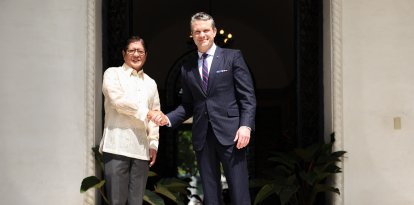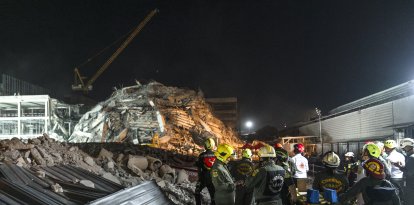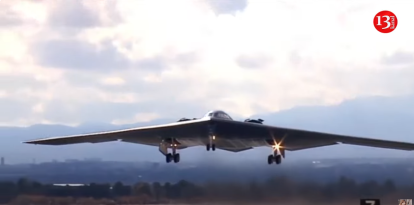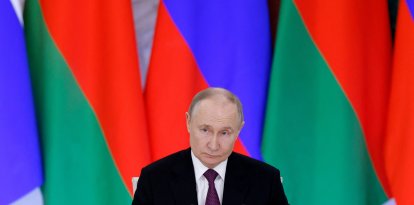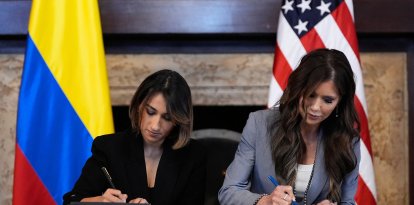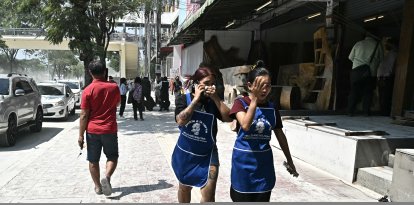Argentina intensifies border controls due to threat from Iran and Hezbollah
Javier Milei's government supported Israel in its fight against the Islamists and believes that Shiite militants could try to enter the country from neighboring Bolivia or the border region with Paraguay and Brazil.

(Wikimedia Commons / Maxi-Napo-99)
The Argentine government, headed by President Javier Milei, put its borders on alert due to the potential infiltration of dangerous individuals linked to Iran and Hezbollah, as explained by Interior Minister Patricia Bullrich, as she announced the special measures being taken at the borders with Bolivia, Paraguay and Brazil.
The measure is part of a package of decisions that Milei's government adopted as a result of the growing tension in the Middle East. Argentina believes that it is potentially vulnerable to Iran due to its support to Israel as well as due to the country's recent declaration that holds Iran responsible for the 1992 and 1994 bombings in Buenos Aires against the Israeli embassy and the Argentine Israelite Mutual Association (AMIA). The two attacks left 22 and 85 people dead, respectively, and more than 340 total wounded.
For these reasons, and because of the significant Jewish population in the capital city of Buenos Aires, Argentina raised its level of alert. It is not, however, a state of emergency. According to government spokesman Manuel Adorni, Argentine authorities have not received any threat or any concrete indication that an attack may take place on national soil. Israel's ambassador to Argentina, Eyal Sela, also said he was not aware of any concrete threat.
Regarding the borders, Bullrich assured that there are reasons to be concerned and to raise the level of alert. "We have Hezbollah cells in the Triple Border [Argentina, Brazil and Paraguay]. But it is on the Bolivian border where we see the highest level of alert and security in the country, because there has been a memorandum signed by Bolivia and Iran," assured the interior minister in statements to La Nación. "That pact allowed the presence of Iranian members of the Quds forces, which are combatant forces and make up Iran's armed branches, in the territory. We are investigating whether there are people who do not speak Spanish and have Bolivian passports," Bullrich added.
For now, the minister has not said whether there is any record of the entry of Helzbollah militants or persons affiliated with Iran's Islamist regime.
RECOMMENDATION
